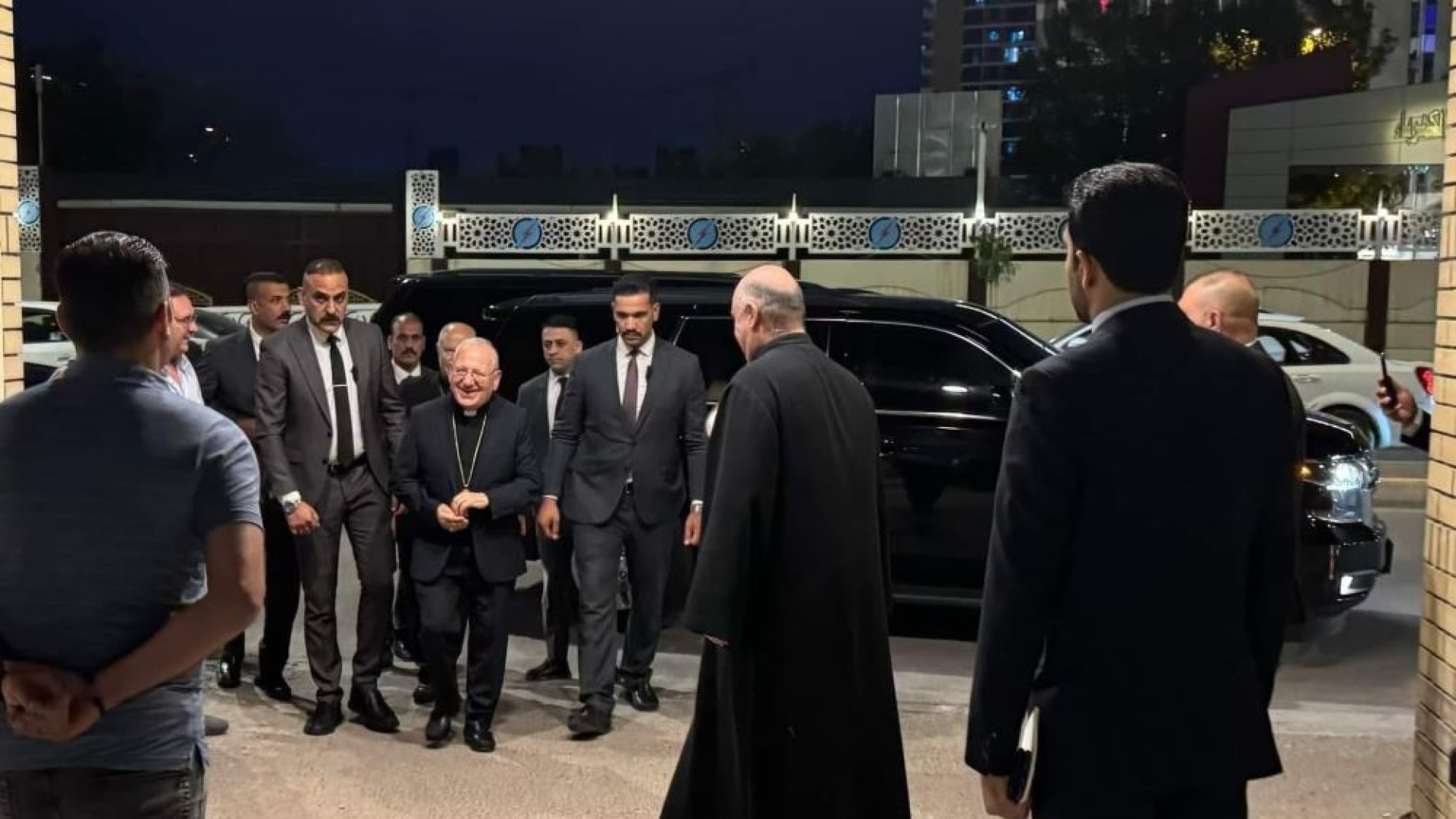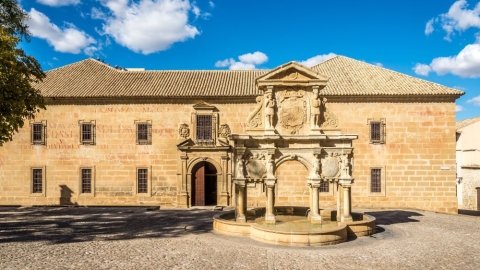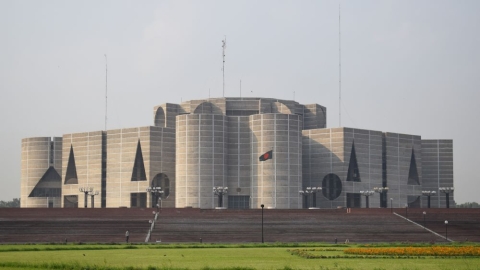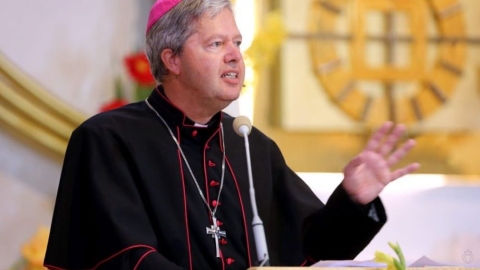Iraq: Patriarch Sako Returns to Baghdad

Patriarch Louis Sako welcomed by Iraqi Prime Minister Mohammed Chia Al-Soudani (to his right) upon his arrival in Baghdad
After months spent in Erbil in Iraqi Kurdistan, Cardinal Louis Raphaël Sako has decided to return to the patriarchal seat in the Iraqi capital. His voluntary departure took place after the withdrawal of the decree of the President of the Republic recognizing patriarchal authority. The joy and satisfaction of Iraqi Christians spread on social networks.
Recalling the Facts
In the summer of 2023, the Iraqi head of state withdrew the “institutional recognition” of the functions of the Chaldean patriarch. The decision broke with the tradition perpetuated since the Abbasid caliphate in the Middle Ages.
President Abdul Latif Rashid, a Kurdish Muslim, withdrew the decree signed on July 10, 2013, by former President Jalal Talabani, which sanctioned the cardinal's papal appointment as head of the Chaldean Church in Iraq and around the world, in addition to being “responsible for the property of the Church.”
It is on this point, as an ecclesiastical source in Iraq explained to AsiaNews, that everything played out: Control of the property of Christians and the Church was coveted by the self-proclaimed Christian leader Rayan Al-Kildani (the Chaldean) and his militias, active in the plain of Nineveh. The withdrawal was considered by the Iraqi president as a “constitutional clarification,” but which the leader of the Chaldean Catholic Church denounces as an attempt to take control of ecclesiastical property and to muzzle the Christian opposition to the power in place in the country.
As a protest, the cardinal left the seat of the patriarchate in Baghdad on July 22, 2023, and took refuge in a monastery in Iraqi Kurdistan, denouncing the “silence” of the government in the face of the “campaign” led against him by Rayan, the leader of the Christian militia of the Babylonian Brigades.
The lack of support from Rome in this power struggle led by Rayan and his militia, – a group that includes Shiites, Christians, and Sunnis – and which poses a threat to peace, had infuriated the cardinal. Indeed, Rayan has appeared in photos with Pope Francis and used the pontiff's image to claim moral and religious authority.
In an interview with AsiaNews, Cardinal Sako described the withdrawal of the decree as a “moral assassination” and the transfer of the patriarchal seat as an “extreme protest.” He added: “I will only return to Baghdad when the decree is withdrawn. Our Church has given a lot to Iraq, from the Pope's visit to humanitarian aid to Muslims during the time of ISIS, even more than that reserved to Christians. Today, the institutions way of showing thanks is to punish the patriarch and an entire community.”
Related Article:
An Unexpected Return
In recent days, a turning point has occurred with the return of the patriarch to Baghdad, accompanied by Monsignor Thomas Meram. He was received on his arrival at the airport in the Prime Minister's hall of honor, then accompanied to the patriarchal seat.
There he was welcomed by the Baghdad Auxiliary Bishop Basil Yaldo, by Bishop Shlemon Warduni, priests, and headquarters staff. The patriarch then met with various authorities. In the meantime, the news has traveled over the web, triggering enthusiastic comments from hundreds of Iraqi Catholics left on the patriarchate's social pages.
“You are the symbol of our Church.” “Thank God you have returned safely to your see.” It is a return that strengthens the spirit of belonging and unity: “We thank you for the positions you have taken and the efforts you have made for the Church and the faithful.” “God opens a door to resolve all the stagnant questions, and the water returns to its natural course.”
Did Cardinal Sako obtain the withdrawal of the decree? It does not seem so. But it is possible that discreet Roman pressure was at the origin of the patriarch's change of heart: rumors were circulating of a possible replacement to resolve the crisis. The cardinal, now 75 years old, had considered resigning according to the canonical provisions in force for bishops, although the patriarchs of the Eastern Catholic churches are not bound by this rule.
Related Article:
(Sources : Asianews/patriarcat chaldéen – FSSPX.Actualités)
Illustration : “X” Mohamed Ali Haidari





